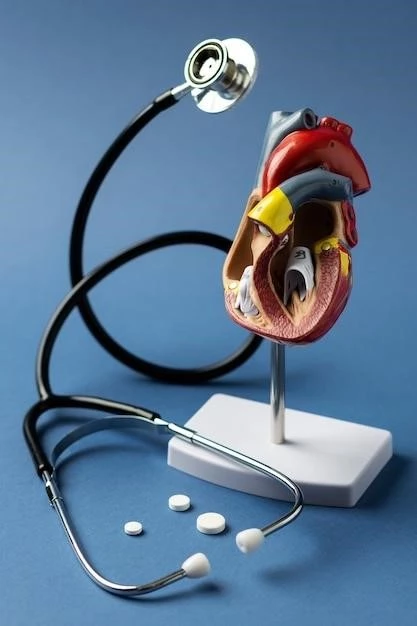Overview of Congestive Heart Failure
When it comes to Congestive Heart Failure, the causes can vary from underlying heart conditions to lifestyle factors. Recognizing the symptoms is crucial for early diagnosis and prompt treatment. Explore the various treatment options available and consider making lifestyle changes to effectively manage the condition.
Causes of Congestive Heart Failure
Congestive Heart Failure can be caused by various factors including coronary artery disease, high blood pressure, heart attack, cardiomyopathy, heart valve problems, congenital heart defects, arrhythmias, infections, and unhealthy lifestyle choices like smoking, excessive alcohol consumption, and lack of physical activity. It’s important to address these factors to reduce the risk of developing congestive heart failure.
Symptoms of Congestive Heart Failure
The symptoms of Congestive Heart Failure can include shortness of breath, fatigue, swelling in the legs, ankles, or abdomen, rapid or irregular heartbeat, persistent cough or wheezing, weight gain, lack of appetite, and difficulty concentrating. It’s important to pay attention to these signs and seek medical attention promptly for proper evaluation and treatment.
Diagnosing Congestive Heart Failure
Diagnosing Congestive Heart Failure typically involves a thorough medical history evaluation, physical examination, blood tests to assess heart function and levels of specific substances, chest X-ray, electrocardiogram (ECG or EKG), echocardiogram, stress test, cardiac MRI, and coronary angiography. It’s essential to undergo these diagnostic tests under the supervision of a healthcare provider to accurately determine the presence and severity of congestive heart failure.
Risk Factors for Developing Congestive Heart Failure
Several risk factors contribute to the development of Congestive Heart Failure, including hypertension, coronary artery disease, history of heart attacks, diabetes, obesity, smoking, excessive alcohol consumption, high cholesterol levels, sleep apnea, sedentary lifestyle, family history of heart disease, and certain heart conditions. Being aware of these risk factors and working with your healthcare provider to manage them can help reduce the likelihood of developing congestive heart failure.
Complications of Congestive Heart Failure
Congestive Heart Failure can lead to various complications such as kidney damage, liver damage, heart valve problems, arrhythmias, cognitive decline, fluid buildup in the lungs (pulmonary edema), blood clots, and ultimately heart failure. It’s important to be vigilant about managing congestive heart failure and its complications through medication adherence, lifestyle modifications, regular medical follow-ups, and following your healthcare provider’s recommendations.
Treatment Options for Congestive Heart Failure
When it comes to managing Congestive Heart Failure, treatment options include medications like ACE inhibitors, beta-blockers, diuretics, and heart rhythm medications, lifestyle changes such as following a heart-healthy diet, regular exercise, weight management, quitting smoking, limiting alcohol intake, and stress reduction. In more severe cases, interventions like implantable devices, heart surgery, or heart transplant may be considered. It’s essential to work closely with your healthcare team to determine the most appropriate treatment plan tailored to your individual needs.

Lifestyle Changes to Manage Congestive Heart Failure
Implementing certain lifestyle changes can significantly help in managing Congestive Heart Failure. These changes include adopting a heart-healthy diet rich in fruits, vegetables, whole grains, and lean proteins, incorporating regular physical activity into your routine, maintaining a healthy weight, managing stress levels through relaxation techniques or meditation, getting an adequate amount of sleep, monitoring and limiting salt intake, avoiding excessive alcohol consumption, and quitting smoking. By making these adjustments to your lifestyle, you can improve your heart health and overall well-being.
Research and Innovations in Congestive Heart Failure Treatment
Ongoing research and innovations in Congestive Heart Failure treatment offer promising advancements in the field. Scientists and healthcare professionals are exploring new medications, diagnostic tools, surgical techniques, and devices like implantable defibrillators and ventricular assist devices to improve outcomes for individuals with congestive heart failure. Keeping abreast of these developments and discussing them with your medical team can provide insight into potential future treatment options that may benefit you. Stay informed and engaged in discussions about the latest research and innovations to optimize your heart health.
